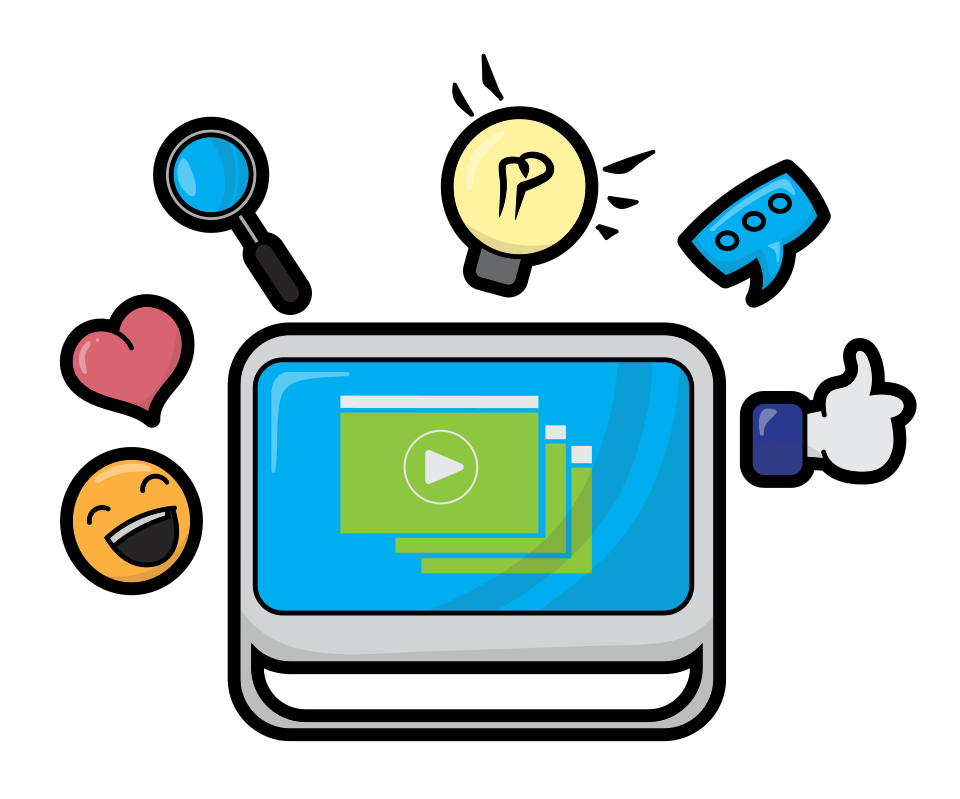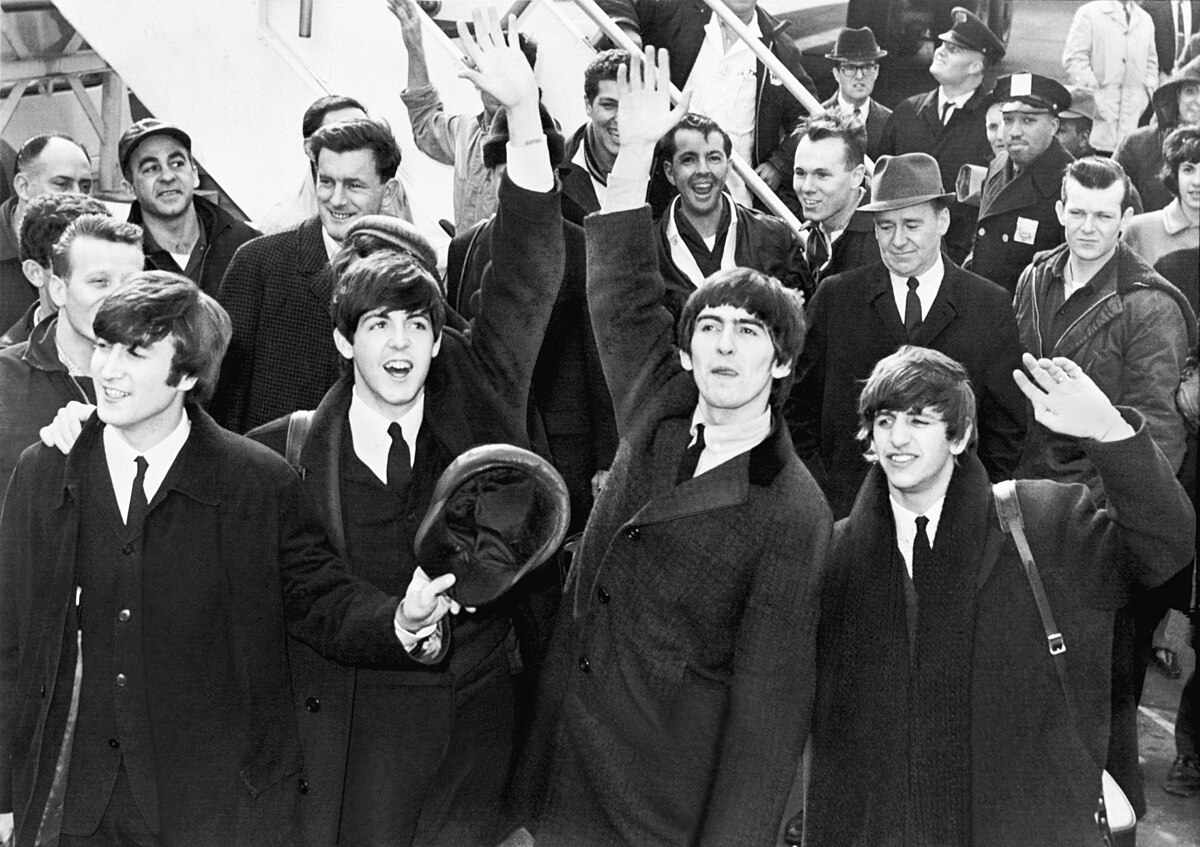Artificial intelligence (AI) is now more than just a hot topic among computer-savvy individuals. It has become a part of our everyday lives and how we navigate the world around us. Individuals born prior to the early 2000s often found themselves watching shows such as Phil of the Future, Futurama, and the Jetsons, imagining that such technological worlds were only futuristic concepts. Yet, today’s youth are now called the “AI Generation,” where evolving technology is not a futuristic concept but an everyday reality. There is no debate that AI is transforming the world around us at an alarming rate. For many, AI has been a long-awaited natural societal shift, while others have been less receptive to its fast approach.
 AI allows technology to execute tasks and jobs that would have traditionally required human intelligence, including problem-solving, reasoning, innovation, and learning. Although AI has been a part of the tech world for quite some time, the public began to take major notice of it in 2022 through more advanced platforms such as ChatGPT, a natural language processing chatbot.
AI allows technology to execute tasks and jobs that would have traditionally required human intelligence, including problem-solving, reasoning, innovation, and learning. Although AI has been a part of the tech world for quite some time, the public began to take major notice of it in 2022 through more advanced platforms such as ChatGPT, a natural language processing chatbot.
As we continue to enter a world where technology operates all around us, we often find ourselves in a technology paradox. With an appreciation for modern ways of growing, a conflicting question on whether or not its dependency has a parallel detrimental outcome to society in other ways has brought many to this ongoing controversy. AI platforms have sparked debate about their increased use within educational institutions, with valid concerns pertaining to academic dishonesty. A recently coined term, “AI Plagiarism” explains the use of generative AI in producing content that is submitted as individual work. Trends regarding AI have shown us the increasing use of artificial intelligence in helping students with their schoolwork responsibilities. While most studies have indicated that cheating has been an academic problem far before AI students report using AI frequently as a tool to help with research, understanding, and writing. In fact, one study found that around 40 percent of the students in the study reported having used AI tools for some form of school assistance. Within higher education, one study found that more than 50 percent of participants indicated having used some form of AI in the completion of a coursework assignment, although more than 50 percent of those same students stated that they believe the use of AI is a form of cheating or plagiarism.
Aside from the ongoing concern about dishonesty, the heavy reliance on artificial intelligence has posed deeper questions on how future generations may be affected in more latent ways, such as preventing youth from learning to be innovative and obtaining critical thinking skills. Human interaction is a necessary component for gaining emotional intelligence, such as learning body language cues and how to communicate among groups, a component AI removes. Even more concerning, when students develop a heavy reliance on AI technology they may be doing a disservice to their education by shortcutting their learning and yielding a deep understanding of the subject, ultimately diminishing the substance of a college degree, which they will be expected to practice in the workforce.
With so many valid concerns, how can we picture AI positively contributing to the future?
 Several recent studies have indicated that although AI has become a common tool in student work, it has become somewhat of a partner for creativity and enhanced brainstorming, providing students with technology that can positively impact their work, through “assisted creativity.” According to a 2023 national survey conducted by the Walton Family Foundation, students and teachers are leveraging artificial intelligence for their success, with many educators agreeing that the development of artificial intelligence has the potential to transform education and pedagogy through innovative teaching and learning practices, especially during a “post-pandemic” era. Now more than ever, AI is helping educators identify learning gaps and diversify how course material is delivered to all the unique learning styles within the classroom, such as through interactive learning games. In addition, educators are leveraging these tools in course development, creative content creation, and AI-powered tutoring systems that provide students with real-time feedback, alleviating the heavy workload of educators. More importantly, AI is providing students a head start in preparing them for the technological world that is now leading the workforce and businesses.
Several recent studies have indicated that although AI has become a common tool in student work, it has become somewhat of a partner for creativity and enhanced brainstorming, providing students with technology that can positively impact their work, through “assisted creativity.” According to a 2023 national survey conducted by the Walton Family Foundation, students and teachers are leveraging artificial intelligence for their success, with many educators agreeing that the development of artificial intelligence has the potential to transform education and pedagogy through innovative teaching and learning practices, especially during a “post-pandemic” era. Now more than ever, AI is helping educators identify learning gaps and diversify how course material is delivered to all the unique learning styles within the classroom, such as through interactive learning games. In addition, educators are leveraging these tools in course development, creative content creation, and AI-powered tutoring systems that provide students with real-time feedback, alleviating the heavy workload of educators. More importantly, AI is providing students a head start in preparing them for the technological world that is now leading the workforce and businesses.
Regardless of the conflicting conversations brought by AI, one thing for certain is that it is here to stay. Without a doubt, AI will continue to spread across all areas and industries and affect all facets of human life, creating more job opportunities in various fields, while also replacing traditional workplaces. Forbes projects that as many as 30 percent of today’s jobs could be automated and replaced by technology by the year 2030. Although not all jobs will be replaced by AI options, it is expected that people who have adequate knowledge of AI will likely replace those who do not. With the year 2030 only a few years away, the AI projections are expected to drastically affect the upcoming graduate classes. Therefore, the youth must be equipped to enter an AI-driven world, and the need for an increase in AI literacy is of utmost necessity.
Adame is a guest contributor at UITAC Publishing. UITAC’s mission is to provide high-quality, affordable, and socially responsible online course materials.
Photos used in this blog:
- Photo by Andrew Neel is licensed on Unsplash. This image has not been altered.
- Photo by KOBU Agency is licensed on Unsplash. This image has not been altered.




